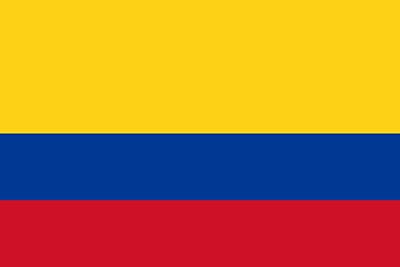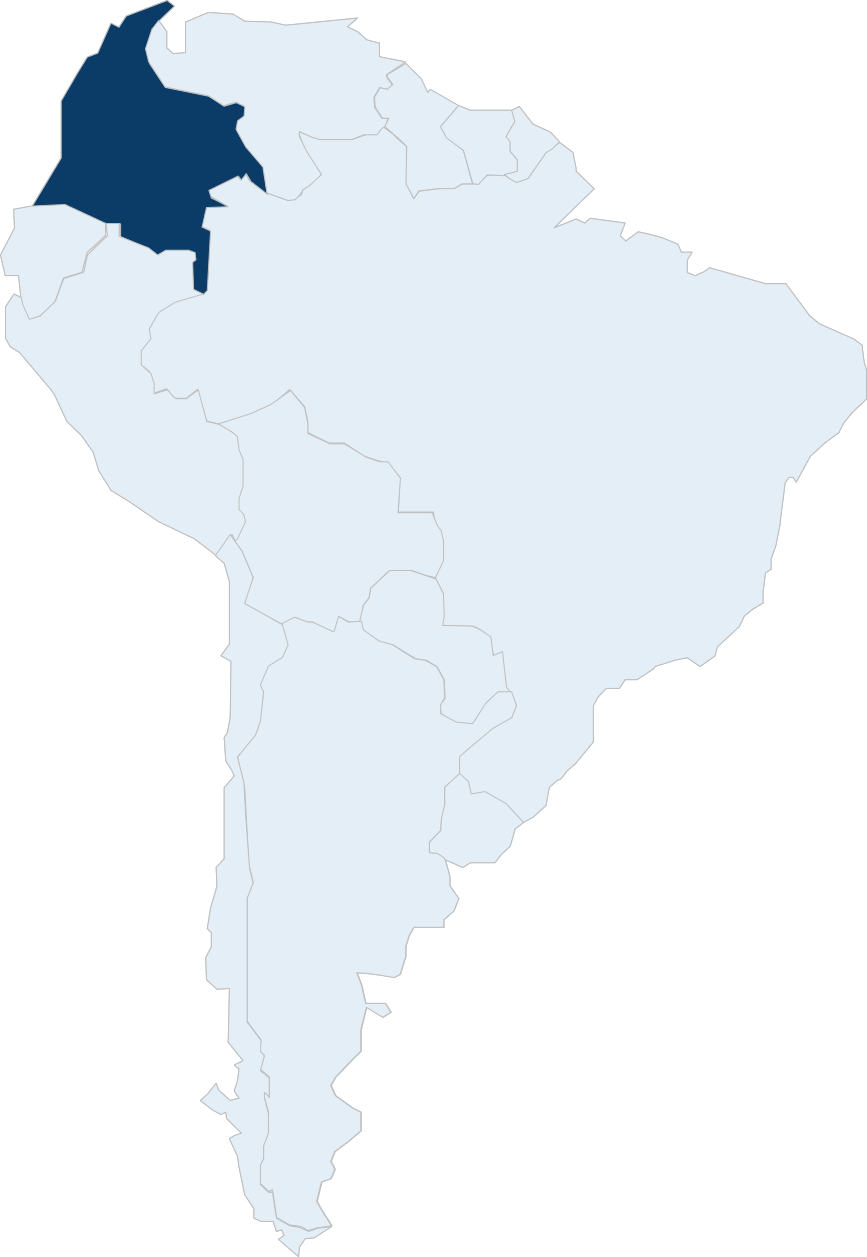Your current subscription does not allow access to this feature. You can update your current subscription plan by selecting one of the following options or emailing us at contact@globalequations.com
Login Access
IPA/EDA Subscription Access
Service Providers/MNCs/Investors Subscription Access
Already a member? Sign in here









 Download Country Profile
Download Country Profile Compare Country
Compare Country